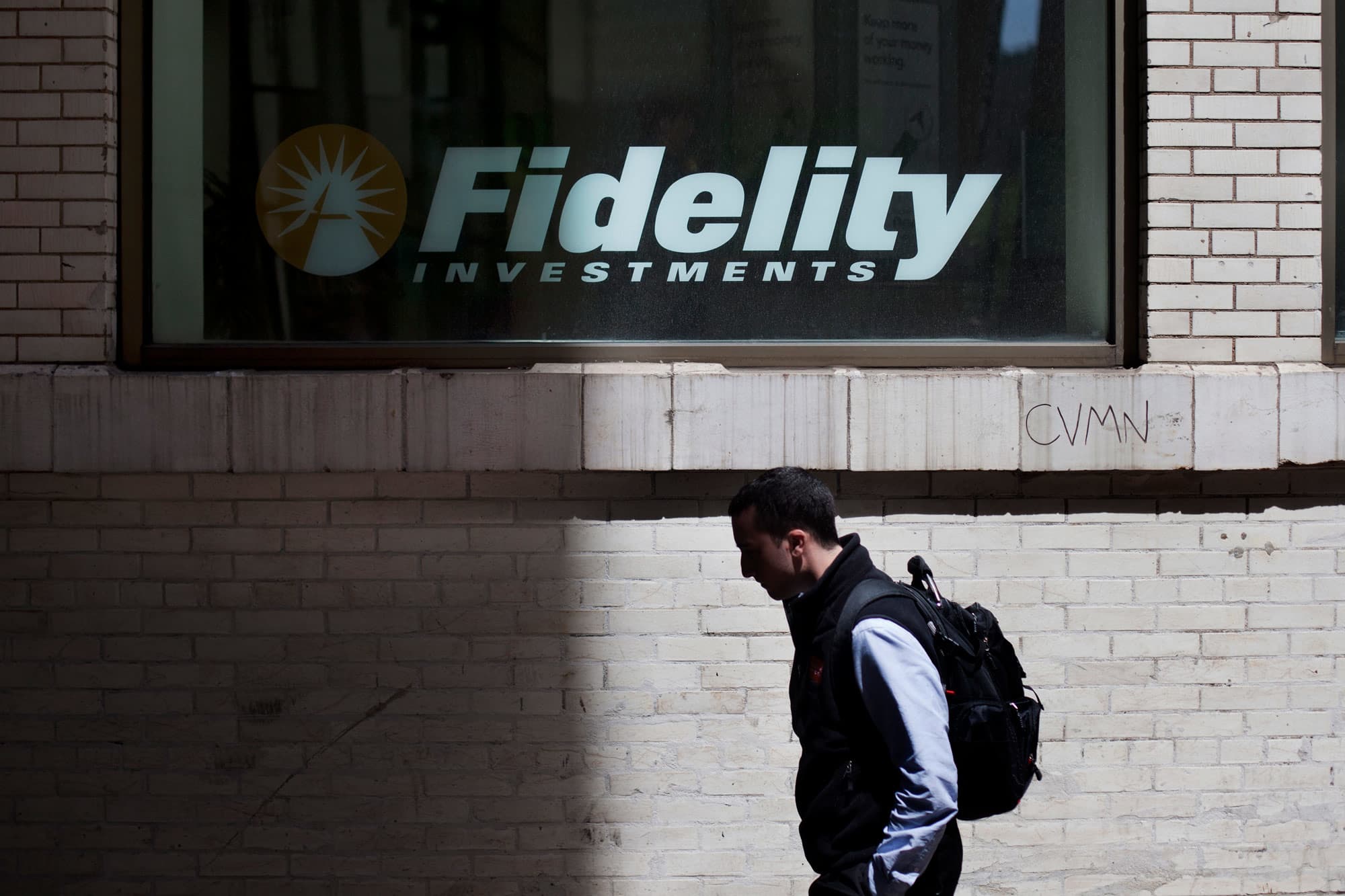Fidelity Investments has joined its rivals by offering zero-commission online trades, but it’s trying to differentiate itself by not selling the right to execute trades to third-party firms, brokerage executive Kathleen Murphy told CNBC on Friday.
“We do not take payment-for-order-flow on equity orders,” said Murphy, president of Fidelity’s personal investing business. “Many competitors do to the tune of hundreds of millions of dollars.” She mentioned no names.
Payment-for-order-flow refers to how market makers, like Citadel Securities or Virtu Financial, pay for the first crack at executing a stock order.
The practice has drawn scrutiny from regulators globally because it creates an incentive for brokers to send orders to whoever pays the most, rather than the place that might get the best outcome for customers.
In 2016, the Securities and Exchange Commission raised questions about the arrangement potentially creating “conflicts of interest for broker-dealers handling customer orders.” Payment-for-order-flow is banned in Canada.
Murphy argued that Fidelity, by forgoing this process, saves its clients more money than its competitors.
“We gave $17.20 on a 1,000 share order back to our customers, on average. The industry average is $2.89, so we gave $635 million back to our customers,” Murphy claimed.
Fidelity’s decision on Thursday to drop trading commissions put it in the same boat as Charles Schwab, E-Trade, TD Ameritrade and Interactive Brokers, all which recently announced similar moves. While Fidelity isn’t public, the other companies have seen their shares fall as the revenue drivers for the brokerages became even less clear.
While it is not the biggest income source for online brokers, payment-for-order-flow is an increasing revenue stream. Schwab made $139 million from selling its customers’ orders in 2018, up 22% from the previous year, according to regulatory filings analyzed by Reuters. TD Ameritrade was paid $458 million for customer orders in its last fiscal year, up from $320 million the year before.
Boston-based Fidelity, which manages $2.8 trillion in assets, used to charge $4.95 for online stock trades. The zero commissions took effect Thursday for individual investors. They’ll be available Nov. 4 for registered advisors.
Murphy said she’s not worried about Fidelity’s margins taking a huge hit. “We are a private company, so we make sure our margins never get too high frankly because we’re always trying to give back value back to the customers.”
Brokers generally make most of their money through interest income on their clients’ deposits.
— Reuters and The Associated Press contributed to this article.
